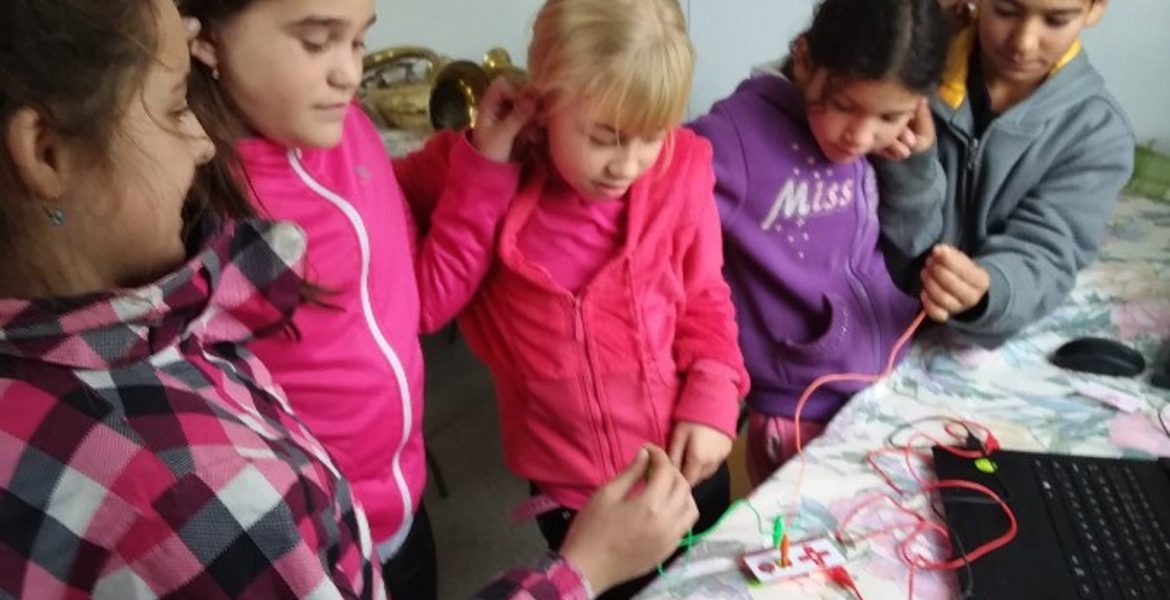According to an August 2020 survey by the National Democratic Institute, a U.S.-based non-profit organization, only 41% of Roma households in Hungary have access to both cable and mobile internet and 13% report no access to the internet at all.
A November 2020 report from Hungary’s deputy ombudsperson for national minorities acknowledged that for Roma children from poor families, “the transition to digital education multiplied their already existing disadvantages.“
David Vig, director of the rights group Amnesty International Hungary, said the state has done little to help such workers, who were ineligible for unemployment benefits or wage support when their jobs disappeared. Roma make up nearly 10% of Hungary’s population, according to some estimates, and many live in one of the 1,300 segregated slums across the country.




